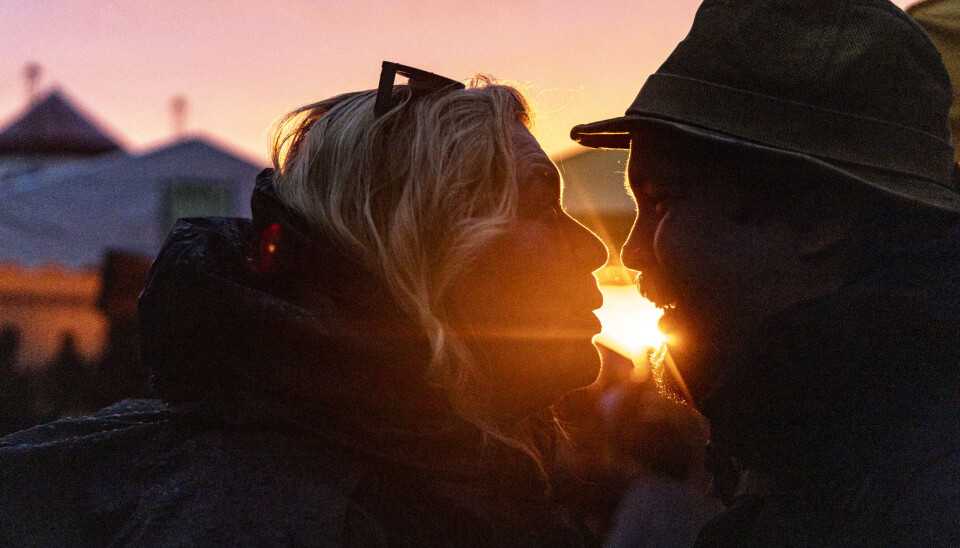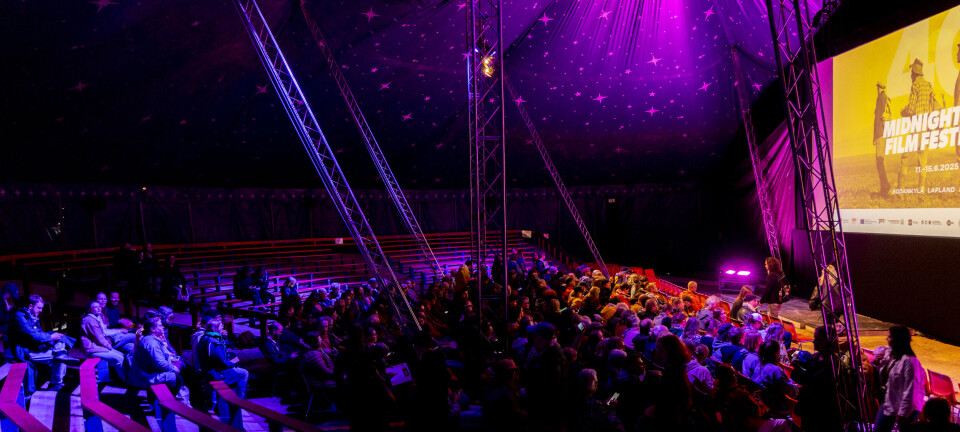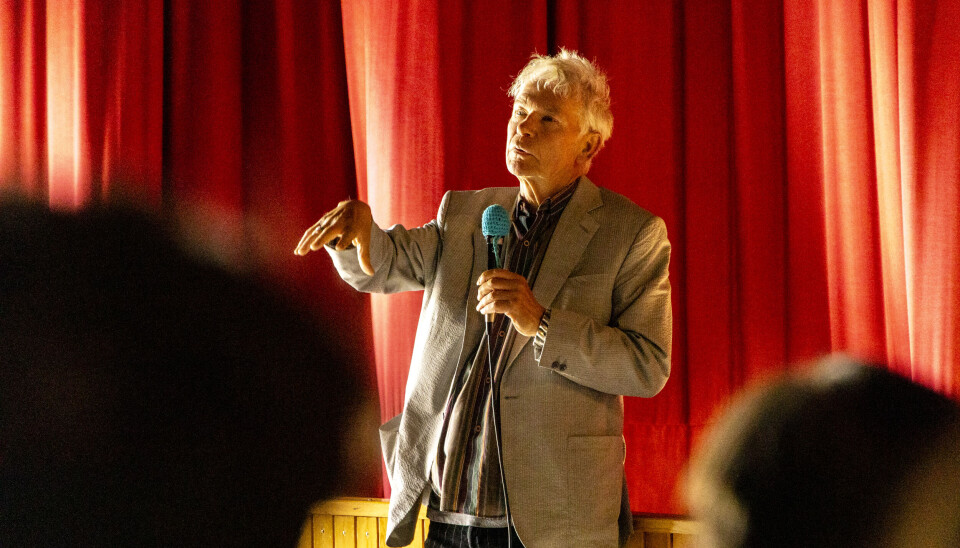
When the sun never sets
SODANKYLÄ: Golden hour is every photographer’s favourite time of day. Right after sunrise or just before sunset the sky is painted orange, covering everything in a golden light. But what if the sun never sets? What usually lasts less than an hour suddenly keeps going on the whole night.
A broad selection of classics and contemporary cinema was adored at the 40th edition of the Midnight Sun Film Festival in Sodankylä, Finnish Lapland.
The phenomena is familiar to the Barents Observer's readers inside the Arctic Circle. From bigger cities in the south, the festival has become a magnet for those who want to experience 24-hours of light. Nights without sunset.
This year’s festival had an audience of 34 000, second only to the record break of 2023.

The film festival is an experience of its own.
With screenings around the clock, the time of day loses its meaning.
Too many movies in a row and too little rest in between blends it all into a surreal dream.
The screenings also have their unique ceremony: when the theatre (or tent) gets dark as the film is about to begin, a neverending concert of clicking and fizzing starts as beer cans crack open.
The program is a mix of recent lesser known gems and cult classics. Even bad movies become good from the audience’s drunken live commentary. A part of the charm is also the poor comfort of the tent cinemas: narrow benches with no back support. The sound quality isn’t the greatest either. You can’t at times hear the dialogue in Dag Johan Haugerud’s Dreams (2024) and Love (2024) when the audience’s laughter overpowers the sound system. The first part of the trilogy, Sex (2024), was shown last year at the festival accompanied by the director.
Film director and visual artist Mika Taanila hosts a yearly “Night School of Experimental Cinema”, for which he curated six short films that could equally have been displayed at a museum of contemporary art. The late night screening is followed by an unofficial “detention” discussion session by the river.

Sergei Eisenstein’s propaganda classic Battleship Potemkin (1925) is also revisited with an introduction by historian and film critic Andrei Plakhov. A few awkward cheers echo in the audience as the hand tinted red flag is raised.
The rhythm of the event alternates from crowds and long queues to an empty festival area during the almost simultaneously starting screenings. Few people stay in the area, except when the bar tent is the only place with rain cover. The later it gets, the more people gather on the riverbank to hang between screenings or spend the evening.
Friday night the organizers, invited guests, press and volunteers are bused to a barn dance party in Porttikoski.
The festival is largely staffed by volunteers. In addition to info and logistics during the festival, roles vary from photographing to building and demolition teams. There is also a visible role of street musicians and other performers entertaining the people waiting in line.




























